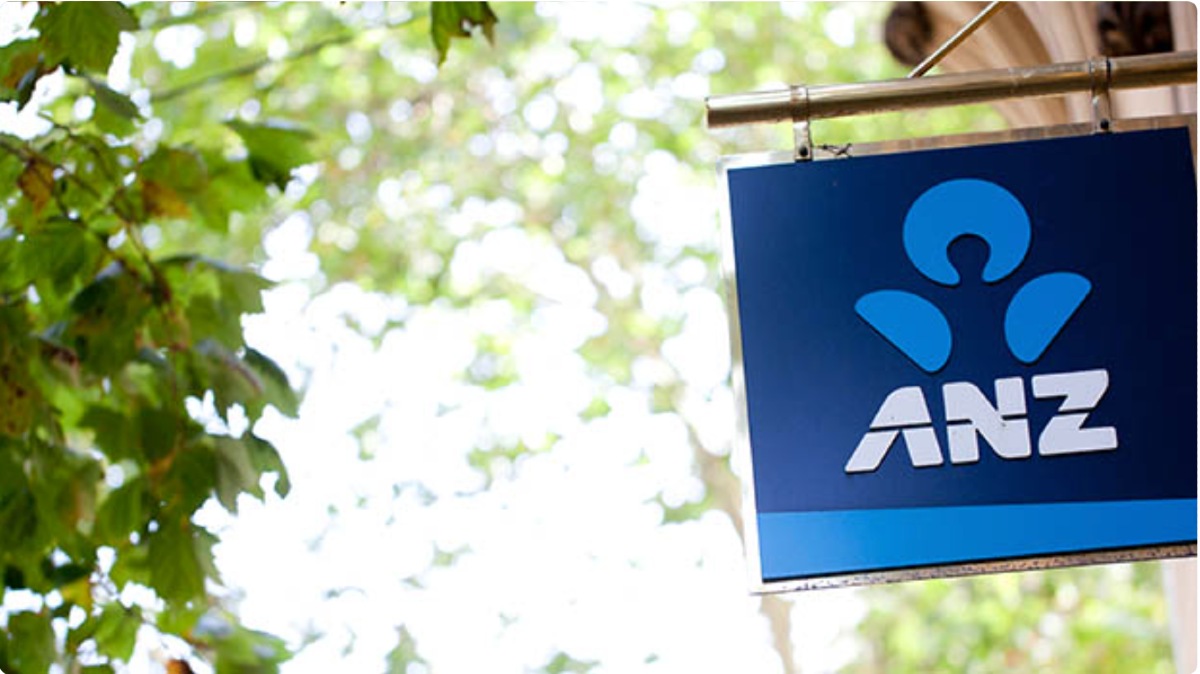According to APRA data, since December 2022 Australian banks have held more than $1 trillion worth of term deposits. The Australian public clearly has a big appetite for fixed income investment, but how does it actually work, and is it worth it?
What are term deposits?
A term deposit is a fixed income investment. You lock away a sum of money for a fixed period of time - the 'term' - and earn interest on it. Unlike savings accounts which tend to have variable rates, TD rates are usually fixed, meaning they stay the same for the entire term length. If you put your money into a one year term deposit at 5.00% p.a., your return will be 5% regardless of what happens to interest rates in the intervening months. Term deposit interest can be paid at the end of the term, at 'maturity', or sometimes at more regular intervals (quarterly, monthly etc.). Generally there is a slight rate discount in exchange for more regular interest payments. Term deposit returns also generally don't compound, meaning you won't earn interest on the interest you earn. Term deposits are usually offered as a retail product, but are also often available for SMSF customers.
Read more: Savings accounts v term deposits
What happens if you withdraw early?
If you withdraw your money before the conclusion of the term, a portion of the interest you have earned is deducted, depending on how far into the term you are. The farther into the term you are, the smaller the 'prepayment adjustment'.
How much can you earn with a term deposit?
Term deposit rates tend to vary with the RBA cash rate, although not as in sync as savings account rates. Since term deposit returns are locked in for the term, rates tend to take into account future expectations for the cash rate - a bit like fixed rates on home loans. For example, the recent peak for TD rates came around July 2023, when Bank of Sydney hit 5.50% p.a. on six month term deposits. That was just after the cash rate increase in July, marking 400 basis points worth of hikes in little more than a year, and with further rate hikes looking highly possible.
Here's how much you could earn overall at a slightly more conservative 5.25% p.a. rate for various term lengths and deposit sizes:
|
Deposit size |
Three months |
Six months |
One year |
Two years |
|---|---|---|---|---|
|
$1,000 |
$13.12 |
$26.25 |
$52.5 |
$105 |
|
$10,000 |
$131.2 |
$262.5 |
$525 |
$1050 |
|
$100,000 |
$1,312 |
$2,625 |
$5,250 |
$10,500 |
|
$1,000,000 |
$13,120 |
$26,250 |
$52,500 |
$105,000 |
Note: Term deposit interest income is taxable, at your marginal rate
On the other hand, in 2020 and 2021, with the cash rate at an all time low, term deposit returns bottomed out at an average of just 0.4% per the RBA. Here are the returns on a slightly higher rate of 1% p.a.
|
Three months |
Six months |
One year |
Two years |
|
|---|---|---|---|---|
|
$1,000 |
$2.50 |
$5 |
$10 |
$20 |
|
$10,000 |
$25 |
$50 |
$100 |
$200 |
|
$100,000 |
$250 |
$500 |
$1,000 |
$2,000 |
|
$1,000,000 |
$2,500 |
$5,000 |
$10,000 |
$20,000 |
Bear in mind though that when rates are this low, inflation tends to also be very low, not to mention home loan rates.
Why are term deposits popular?
Compared to growth assets like stocks, the returns on term deposits tend to be fairly modest, as you'll probably have gathered. What makes TDs attractive is the low risk. Provided the bank you choose doesn't go bust, you'll receive the return you're expecting. Even in the (extremely unlikely) event the bank goes under, the Financial Claims Scheme (FCS) means your savings are guaranteed up to $250,000.
Are term deposits worth it?
If you've got a large amount of savings, it's not a good idea to just let it rot in a transaction account earning virtually no interest. Given inflation, if your savings aren't growing they are going backwards in real terms, so a term deposit is nearly always better than doing nothing. When the inflation rate is particularly high though, term deposit rates might still not be enough to keep up - annual inflation in Australia through the year to December 2022 for example was 7.8%, well above any one year term deposit rate you could have locked in for that calendar year.
Another pertinent question is whether term deposits are worth it given the opportunity cost, or what you could have earned putting the money elsewhere. From property to rare fish, there are all sorts of investment options out there, so if you're considering a term deposit you should make sure you're happy choosing it over all of these alternatives.
The general rule is that lower risk investments have correspondingly low returns. Term deposits are among the least risky investments, so generally have significantly lower returns than riskier assets like stocks or property.
Whether or not a TD is worth it then depends on your taste for risk, as well as the reason you're investing. Say you've been saving for a while for a big holiday and you're planning on leaving in a year's time. If those savings are all in stocks, the upside is big - but there's also a not insignificant chance you'll see your pile reduce, especially in that near term. A term deposit on the other hand might be a near risk free way to give your savings an extra boost over the home stretch.
Another factor that you'll probably have noticed from the returns section above is that term deposits can be especially lucrative for extremely high net worth individuals. A 4% return probably doesn't sound that appealing if you're looking to grow $2,000, but it's a little different if you've got $10 million lying around. For people with this kind of capital (who aren't likely to be among this article's readership), term deposits might be the perfect means to generate passive income from all that money. Good for you.
Benefits of term deposit investing
-
Fixed interest: Once you lock in a term deposit rate, the return won't change regardless of what happens in the market.
-
Low risk: TD returns are all but guaranteed, even if the bank you choose folds.
-
Few transaction fees: TDs usually don't have many account establishment or maintenance fees.
Drawbacks of term deposit investing
-
Low returns: Term deposit returns are usually much lower than higher risk assets like shares or property, particularly in the medium-long term.
-
Money locked away: Another downside to choosing TDs is having no access to your money during the term, or have your returns decimated if you do need to withdraw.
-
Returns don't compound: In general, you can't earn interest on the interest you accumulate on your TD, an advantage generally offered by savings accounts.
Term deposit investing in 2025
The early months of 2025 seemingly marked the end of a golden period of term deposit returns. Throughout 2023 and for much of 2024, there were a huge range of term deposit products that returned 5.00% p.a. and above. As of March 2025, it's become extremely rare to find TD rates that begin with a 5. However, the inflation rate (for now) is also significantly lower than it was when returns were higher so the difference isn't quite as pronounced in real terms.
There are still plenty of savings accounts that offer rates in excess of that 5% p.a mark. With higher returns, plus retaining access to your funds, PLUS compounding interest, it might seem like a no brainer to choose a high interest SA instead. You just need to keep in mind savings account rates are variable, and will more than likely be reduced if the cash rate is cut. If you lock in a term deposit, your rate won't change.
All the benefits of term deposit investing are applicable at the moment, so if you're on the hunt for a low risk way to give your savings a little boost, TDs could be worthy of your attention. You'll still need to consider the opportunity cost - what you could have earned with a different, perhaps more risky, investment option. Both the property market and the ASX have had their ups and downs so far this year, but many analysts continue to expect a positive outcome for this year. There's obviously plenty of uncertainty, but it's also worth remembering in the long run, fluctuations in the stock market do tend to even themselves out, particularly if you choose index funds.
Are term deposits a good investment right now?
Whether term deposits are worth it or not in 2025 mostly depends on your investment goals. At the moment TD rates are well above the inflation rate (which, fingers crossed, will continue to decline through the year) which means you'll likely be growing your savings in terms of your purchasing power, but may miss out on stronger returns elsewhere. Savings account rates are another extremely low risk option with currently higher interest rates, but you'll just need to factor in the possibility that rates might come down in the coming months.
If you have a short term investment goal, and don't want to risk seeing the pile of savings you have already accumulated shrivel up, a TD might be a great move, whereas if you're looking to build your wealth for the long term, you might be better off exploring options with a higher potential for returns.
First published on December 2020
Article first published January 21, 2019 by William Jolly. Picture from Biegun Wschodni on Unsplash



 Bernadette Lunas
Bernadette Lunas
 Harry O'Sullivan
Harry O'Sullivan